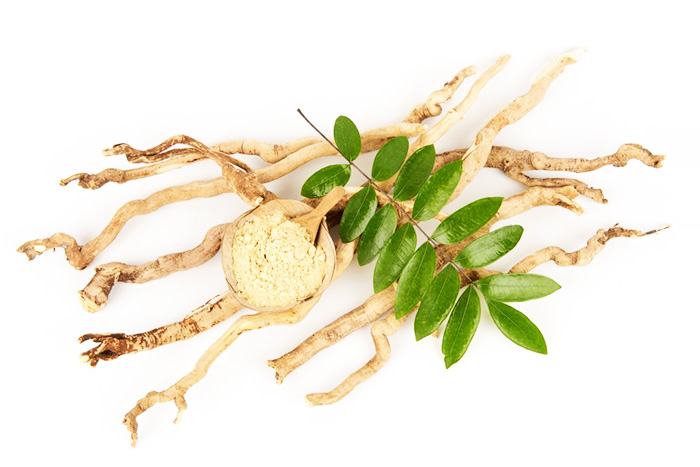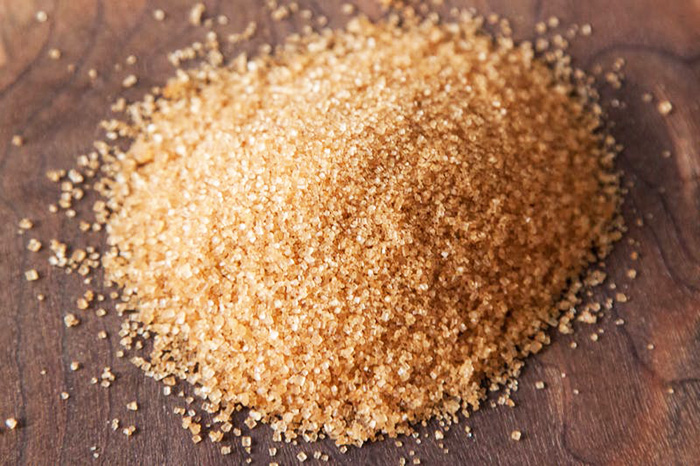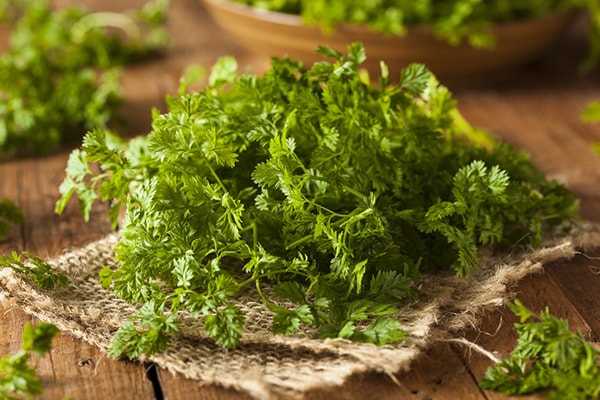More and more people these days are discovering the benefits offered by demerara sugar. If you are on the hunt for an alternative to refined sugar, continue reading. This article will get you introduced to demerara — how it’s produced and why it’s winning the hearts of so many health-conscious individuals.
Did you know that there are so many different health problems that can be linked to excessive refined sugar consumption? Obesity, diabetes, osteoporosis, heart disease and cancer are just some of them. It is also known to weaken the immune system, accelerate the process of aging, and even negatively affect the mood.
With so many nightmares associated with too much intake of refined sugar, the market is currently flooded with artificial sweeteners. However, experts say that they are actually worse than refined sugar!
Fortunately for those who cannot abandon their sweet tooth, there are a number of raw sugars around. They are called as such because they underwent minimal processing. Their production usually involves extraction of juice from sugar cane, boiling, evaporating, and then packing.
One of these raw sugars is called demerara. Actually, it is named after the historical region in Guyana in South America where large volumes of it were first produced. However, these days much of the supply of demerara comes from Mauritius, a small island in Africa — the name of this type of sugar was simply retained.
What makes demerara sugar healthier than refined sugar is the fact that it underwent minimal processing. This means that much of the vitamins and minerals present naturally in sugar cane remain intact.
Producers of demerara press sugar cane to extract its juice — sugar cane juice. Afterwards, it is allowed to boil. As the water content of sugar cane juice evaporates, it thickens and then becomes sugar cane syrup. This is then given plenty of time to cool and harden. As you can see, there is very little processing involved in making demerara sugar.
On the other hand, refined sugar goes through a lot of processing to make it look really appealing. Unfortunately, all the processing it has to go through each time gives refined sugar a really bad reputation.
Going back to demerara sugar, a lot of people often mistake it for brown sugar. For the record, demerara sugar and brown sugar are not the same. Demerara has completely no additive to it, unlike brown sugar that is given a little bit of molasses just to possess its characteristic brown color and taste.
Demerara sugar naturally possesses a lovely molasses-like flavor, and this is one of the reasons why so many love to use it for baking or making desserts.
What’s more, the large grains of demerara sugar maintain their crispness even when cooked, and this helps provide added texture to anything that it’s added to. This is the reason why it’s not unlikely for bakers to sprinkle a little demerara sugar on their various baked goodies to make them even more palatable as well as eye-catching.
Unlike refined sugar, demerara sugar does not simply provide empty calories. Each teaspoonful of it actually contains vitamins and minerals, the ones that are naturally found in sugar cane — they are retained due to the very minimal processing of demerara sugar.
Some of the nutrients present in this type of raw sugar include potassium (it contains lots and lots of it!), iron, calcium, phosphorus, magnesium, copper, zinc, and even vitamins A and B complex. Demerara sugar provides very small amounts of these nutrients, but they are needed by the body in trace amounts only anyway.
Don’t forget to have this article on demerara sugar reposted on social media to let your family and friends who are health conscious know that they don’t have to opt for unhealthy refined sugar just to please their sweet tooth!








